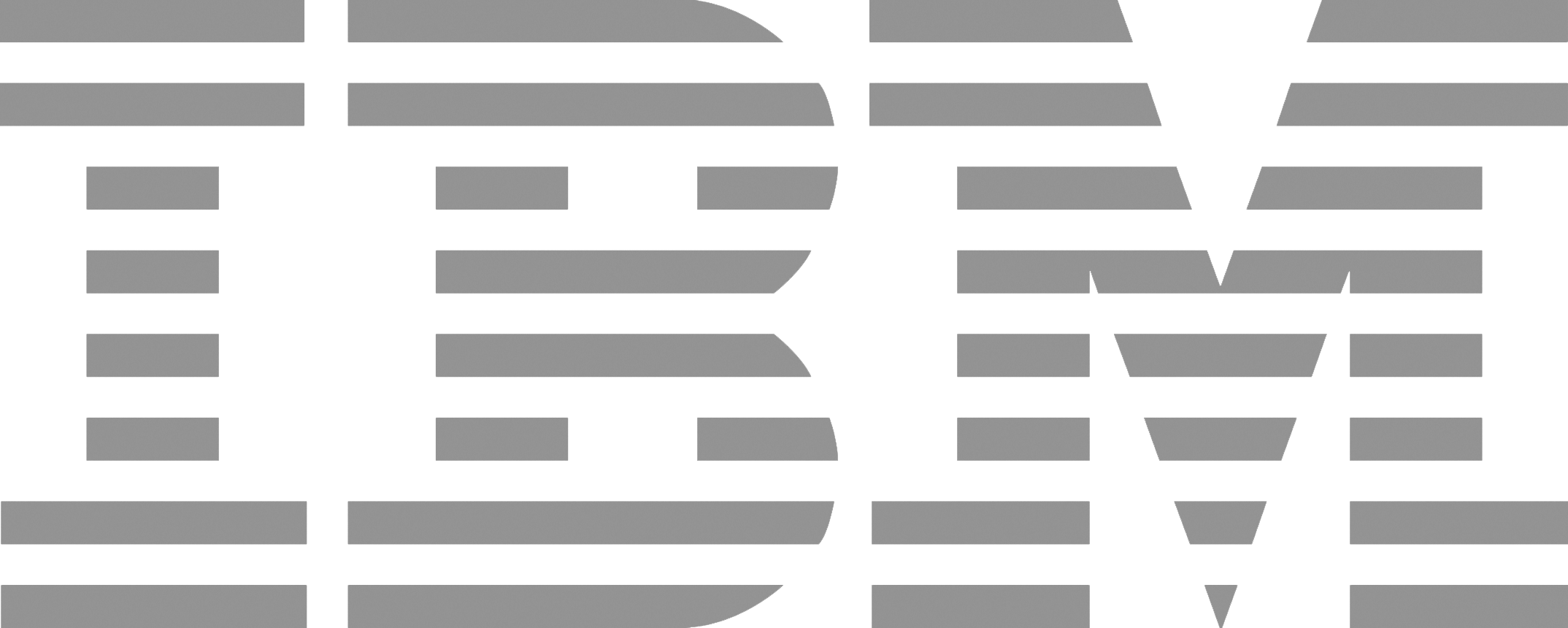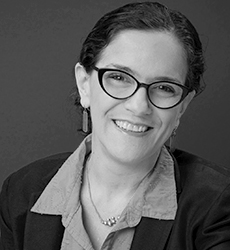
This panel looks at perspectives that emerge from the intersection of ethnography and agile methodologies—from real constraints to exciting possibilities. We will seek to better understand what “agile” is and where it comes from and then explore tools and approaches that allow us to be relevant in agile contexts. Is being “agile” just about efficiency and speeding up our processes? Or is it about ongoing efforts that offer the right spark at the right time? Or maybe something in between? In this panel we will explore this timely topic that currently—or soon will—affect most members of the EPIC community.







Increasingly, experiences are being created that incorporate augmented intelligence, promising to make us smarter, more efficient, and more effective. Doctors can recommend more comprehensive personalized treatment plans, teachers can provide lesson plans tailored to individual students, and farmers can vary crop irrigation and fertilization cycles in response to predicted weather patterns. Human capabilities (some might say intelligence) are being augmented, aided by machine learning algorithms that interpret and find meaning in vast quantities of both structured and unstructured data.
This panel will address challenges of doing design research in a cognitive world where predictive analytics, conversational interfaces, and augmented intelligence are core aspects of the technology solutions being designed. What skills and expertise are needed by practitioners to integrate these new cognitive capabilities into their work practices? How do “users” make sense of, derive insights from, and use sophisticated analytics? Is the meaning of expertise and professional identity altered when our cognitive capabilities are augmented through partnerships with machines?
In keeping with the theme of this year’s conference, the panelists will reflect on what new vantage points will be needed to ready our practices for this new cognitive era.




